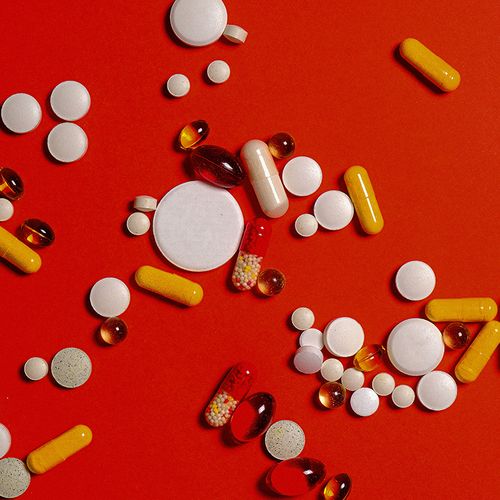Are the drugs your doctor is prescribing safe and effective? Who knows? In a recent survey by researchers at the University of Virginia, the University of Chicago and the University of Illinois at Chicago, almost half of physicians who responded mistakenly believed that at least one use of a drug listed in the survey was FDA-approved, when in fact, it wasn't. So-called off-label prescribing is both legal and common-but this survey's findings may mean that doctors are prescribing drugs when there is insufficient evidence of their efficacy and safety for a specific purpose.
Confusion Is Common
University of Chicago lead researcher G. Caleb Alexander, MD, MS, and his colleagues conducted a national random-sample survey of doctors. A total of 1,199 physicians (599 primary care doctors and 600 psychiatrists) were sent questionnaires and nearly half responded. They were asked about 22 drug-indication pairs (.e., particular drugs prescribed for particular conditions) and correctly identified the FDA-approved indications of just over half the drug-indication pairs. They misidentified the FDA-approval status of the rest of the drug uses examined-and that may lead them to prescribing that puts patients at serious risk. For example...
- Nearly one in five thought quetiapine (Seroquel) was FDA-approved for dementia and agitation, when in fact the drug carries a strong "black box" warning that it is dangerous for elderly people with dementia.
- One in three who prescribed lorazepam (Ativan) for chronic anxiety incorrectly believed that it was FDA-approved for this purpose—in truth, the FDA advises against using it for anxiety, because it is a strong drug with a high risk of addiction.
Dr. Alexander said that there are many reasons why doctors may not be fully aware of the FDA-label status. "The amount of information that physicians must master is vast, the evidence base is constantly changing, and some would argue that physicians should focus on the evidence and not the FDA label," he noted. "In addition, some of the drug uses that we examined may have been ones that were actually promoted by the pharmaceutical industry, which leads to confusion on the part of physicians regarding the FDA-approval status."
This is dangerous territory. The results indicate an urgent need for more effective ways to inform physicians about the level of evidence supporting off-label drug use-especially for common off-label uses that are ineffective or carry unacceptable risks of harm," warns Dr. Alexander. These findings were published online in Pharmacoepidemiology and Drug Safety.
Review Your Medications
Off-label prescribing can allow physicians to anticipate valuable new drug uses before formal FDA approval and also can offer an alternative to patients who do not respond to standard treatments. At the bare minimum, however, doctors should know whether they are writing a prescription for an approved condition or an off-label use-in the latter case, it would be best if the prescription were then subject to added scrutiny before it was written. Physicians should carefully consider the safety and effectiveness off-label, especially as compared with approved medications.
Dr. Alexander explains what steps consumers can take to make sure that doctors prescribe the most appropriate medications, whether approved or off-label. He advises consumers to ask questions about drugs their doctors prescribe-their FDA-approval status, the scientific evidence to support their use, risks and benefits, side effects, potential drug and food interactions, dosage, cost, etc. Since there may not be time to discuss every drug at each doctor visit, Dr. Alexander notes that these questions are most important for treatments that are new on the market. It's also a good idea to do your own research to ensure that you are as educated as possible. You have a right to know all about the medications you take so you can work with your doctors to determine those that are safest and most effective in meeting your individual health-care needs.
